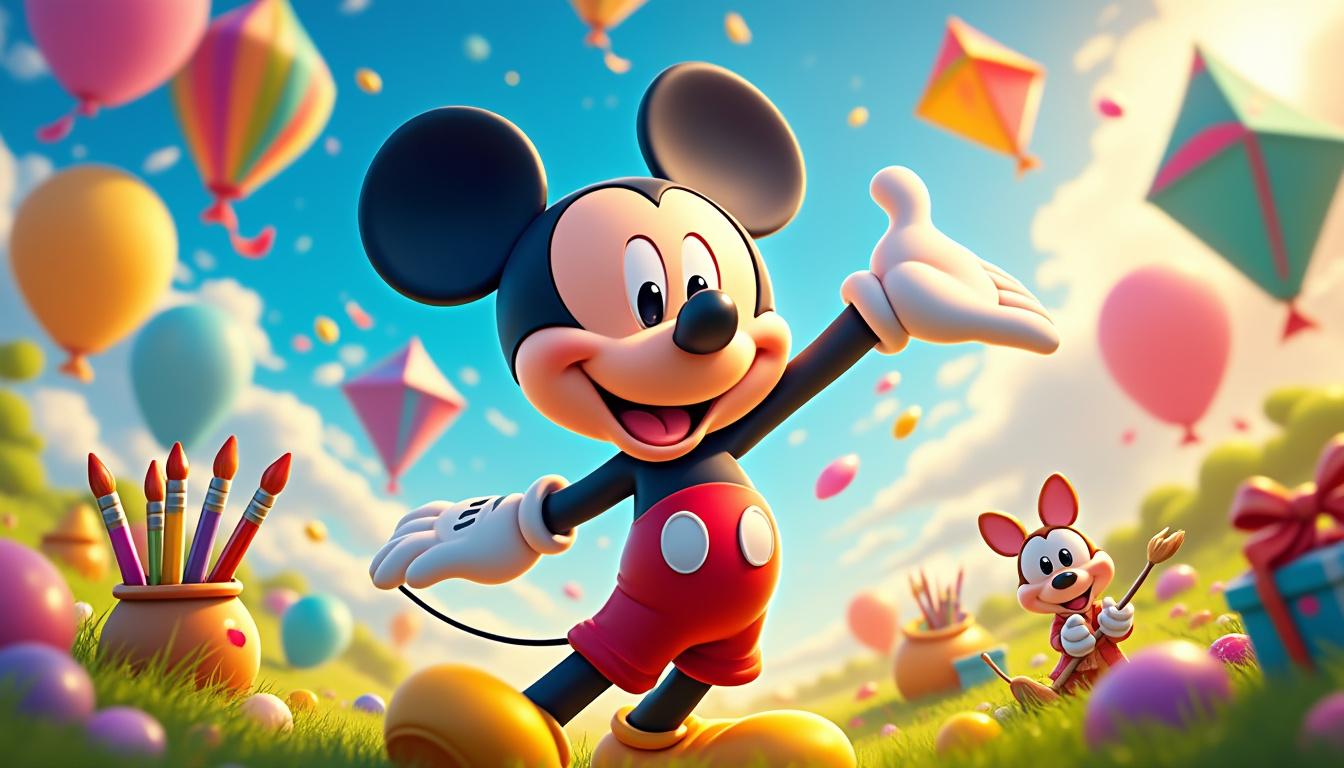The universe of the television series “The Good Place” offers a fascinating view of emotional intelligence through the adventures of unforgettable characters. By exploring the exploits of these individuals, confronted with their flaws in a surprising utopia of the ‘afterlife’, we discover powerful lessons about personal development and emotional understanding. Each character illustrates, through their unique journey, various aspects of this essential human skill, inspiring viewers to follow their own path toward better mastery of their emotions and relationships.

In a utopian universe where emotional intelligence becomes key, the series The Good Place offers us valuable lessons through the adventures of its characters. Chidi Anagonye symbolizes self-awareness; his journey illustrates the importance of analyzing one’s feelings and motivations without falling into analysis paralysis.
Tahani Al-Jamil, with her strong awareness of others, teaches us how perceiving others’ emotions can strengthen authentic bonds, even if it sometimes involves seeking external validation. Jason Mendoza, on the other hand, embodies emotional well-being through optimism and simplicity, highlighting the importance of a positive attitude while remaining aware of less pleasant feelings.
Michael, the architect of the afterlife, undergoes a remarkable transformation that highlights the impact of empathy. By learning to understand and connect with human emotional experiences, he builds genuine relationships, showing how empathy can transform our own journey.
Finally, Janet, the emotional compass of the group, demonstrates exceptional mastery of emotional control, illustrating the importance of managing emotions to remain calm and act productively. With Eleanor Shellstrop, whose transformation is at the heart of the series, we discover how emotional intelligence can evolve to improve our lives both personally and relationally.

the keys of self-analysis inspired by chidi
Emotional intelligence is an essential skill for personal growth and building meaningful relationships. The series The Good Place portrays a fascinating picture of what true self-analysis really means. Through the character of Chidi Anagonye, we discover how much self-awareness is vital to navigating the complex world of human emotions. Chidi embodies this introspective quest, always in search of meaning and deep understanding of his own emotions, teachings that prove powerful in developing our ability to make informed and unbiased decisions.
But caution, being too focused on analysis can lead to analysis paralysis. Chidi reminds us that while reflection is essential, it is equally important to take action without getting lost in the endless meanderings of mental speculation. For those who often find themselves in a loop of constant mental review, this work pushes us to balance introspective wisdom with concrete and informed decision-making.
the central role of social relationships explained by tahani
In The Good Place, Tahani Al-Jamil embodies a deep awareness of others, revealing her ability to understand and decipher the emotions around her. This aptitude allows her to navigate complex social situations with ease. Yet, her need for external validation can sometimes divert her from her personal goals. This paradox highlights the importance of building authentic connections through our emotional intelligence. It is about creating meaningful connections while staying true to one’s intrinsic values and being aware of the real needs of others, without losing oneself in the opinions of the outside world.
transformation through empathy with michael
Michael’s journey offers a valuable lesson on the importance of empathy in personal transformation. Initially presented as a manipulative demon, his transition to an empathetic ally perfectly illustrates how understanding human struggles can strengthen our commitment to others. By truly connecting with the emotions and experiences of the characters, Michael becomes a vector of change, directly influenced by this new empathetic perspective. This transformation highlights the power of empathy as a driving force in creating and preserving sincere and enriching relationships, while keeping a part of our emotionality reserved for our own well-being.

FAQ
Q: What is emotional intelligence (EI)?
A: Emotional intelligence is the ability to understand, use, and manage our own emotions as well as those of others. It is essential for personal growth and building meaningful relationships.
Q: How is emotional intelligence represented in the series The Good Place?
A: The series follows the emotional journey of its characters in the utopia of the afterlife named The Good Place, pushing them to confront their flaws and work together to improve.
Q: What is Chidi Anagonye’s emotional strength?
A: Chidi excels in self-awareness. As a professor of moral philosophy, he constantly analyzes his thoughts and ethical dilemmas. However, he learns not to be paralyzed by analysis and to follow his instincts.
Q: What lesson in emotional intelligence can we learn from Tahani Al-Jamil?
A: Tahani demonstrates a highly developed awareness of others, allowing her to navigate complex social dynamics. She teaches us to build authentic relationships by balancing the recognition of others with our own personal values.
Q: What is Jason Mendoza’s strength in emotional intelligence?
A: Jason embodies emotional well-being by finding joy in the present moment. His natural optimism and enjoyment of simple things highlight the importance of cultivating a positive outlook while remaining attentive to the emotions of others.
Q: How does Michael illustrate empathy?
A: Throughout the series, Michael evolves from a manipulative demon to an empathetic ally. His ability to understand human struggles allows him to create sincere connections with other characters, illustrating the power of compassion in developing relationships.
Q: What role does Janet play in terms of emotional control?
A: Janet stands out for her management of emotions under pressure. She channels her emotions into productive actions, showing the importance of emotional control while maintaining openness to authentic relationships.
Q: How is the development of emotional intelligence illustrated by Eleanor Shellstrop?
A: Eleanor’s journey is at the heart of The Good Place, transitioning from a selfish person to an emotionally balanced leader. She progresses in self-awareness, awareness of others, emotional control, empathy, and well-being.












